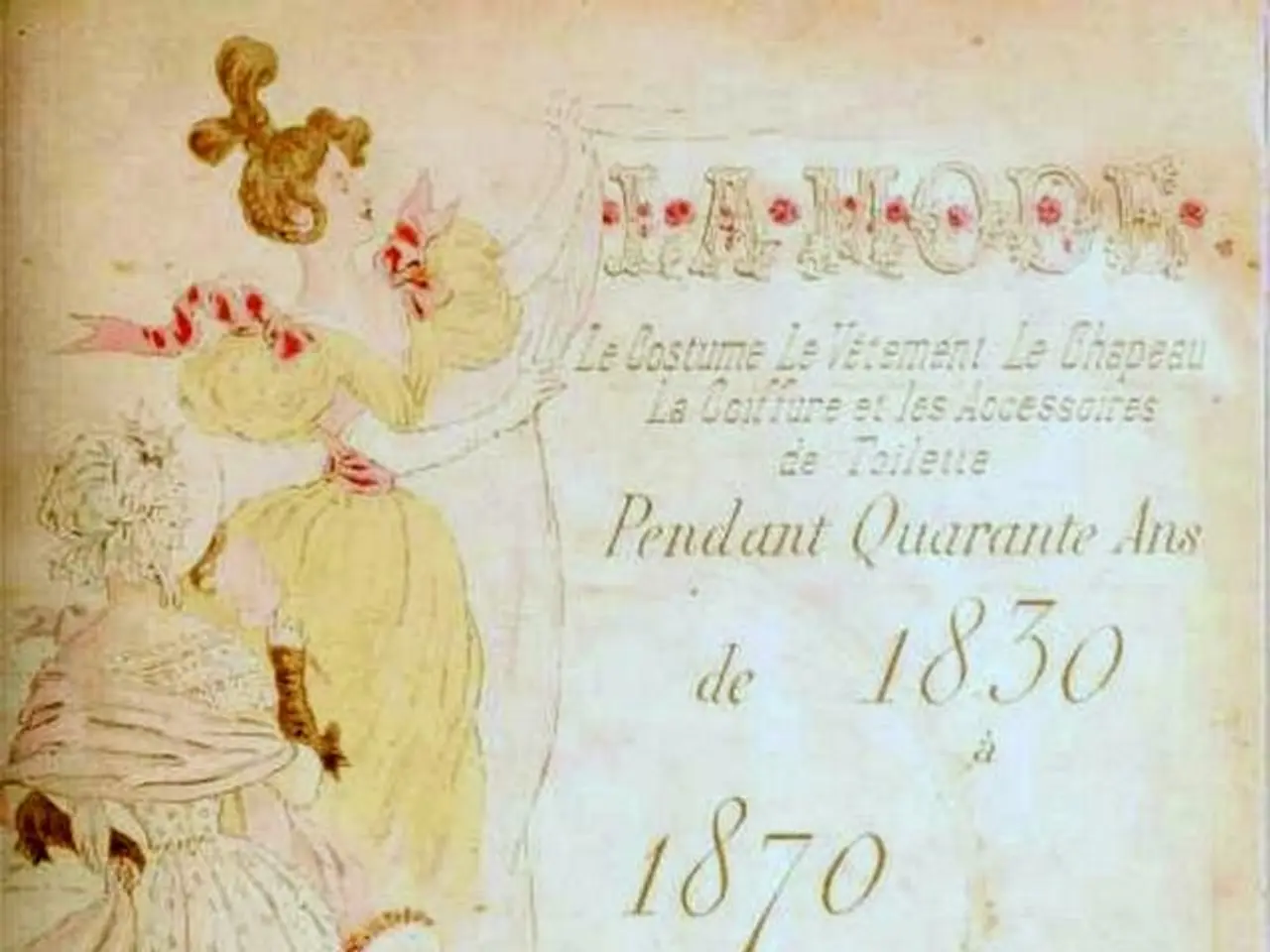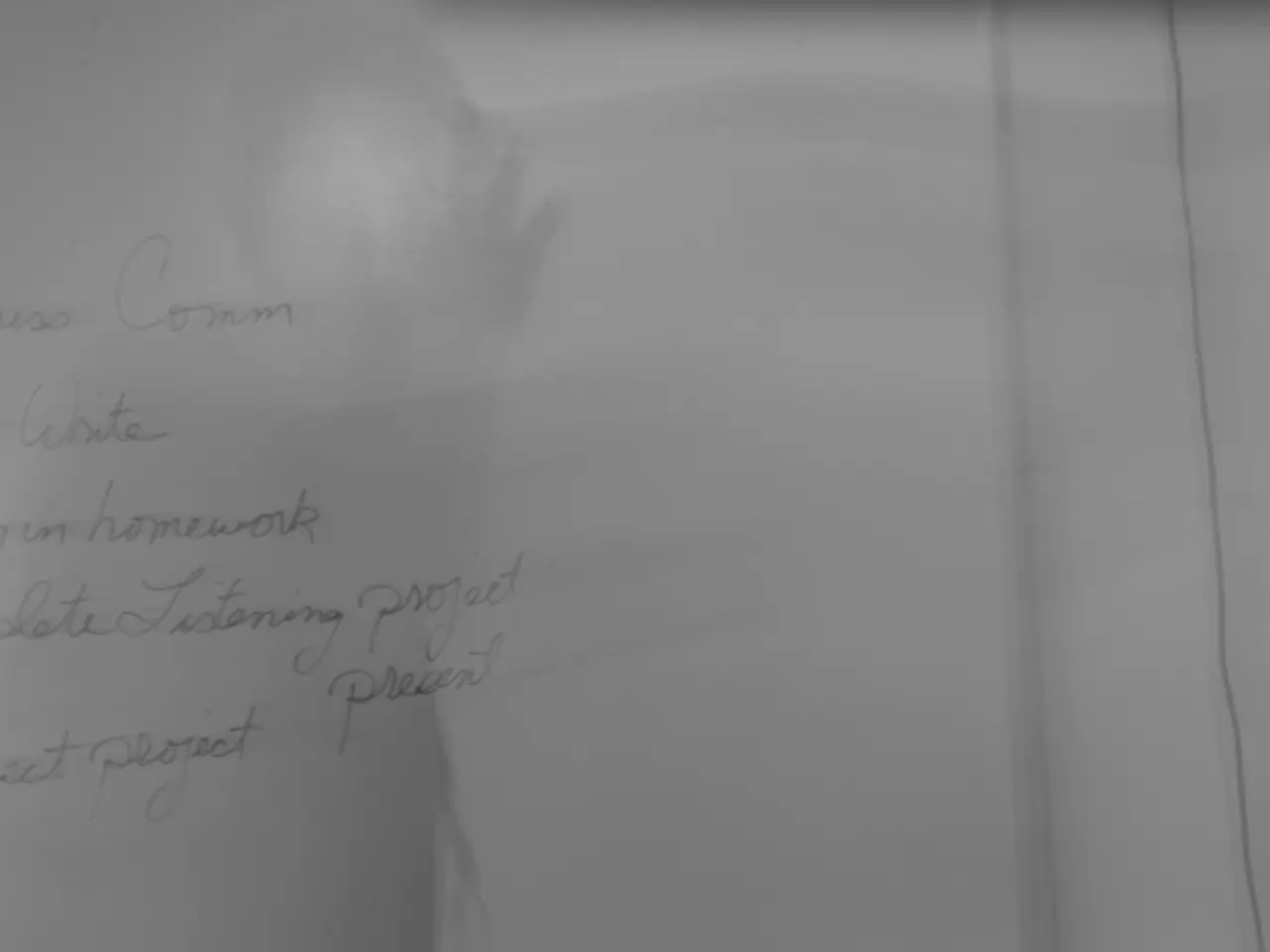Critical Review of Far-right Magazine "Compact" by Frank-Walter Steinmeier
Critically views 'Compact' publication: Steinmeier - Investigative Work Surrounding the Questionable Activities of the Commission
Germany's President Frank-Walter Steinmeier expresses caution regarding the right-wing extremist magazine "Compact," despite the legal ruling allowing its continued publication. In Rehfelde, east of Berlin, Steinmeier stated, "We should not misinterpret this decision as a clean bill of health." He believes the court's verdict leaves room for future legal action if the magazine crosses the line.
The Federal Administrative Court lifted the federal ban imposed by the Interior Ministry in the summer of 2024, following a court decision on June 24, 2025. The court acknowledged the publication of unconstitutional activities but deemed them insufficient for a complete ban. The Interior Ministry had identified "Compact" as the primary voice of the right-wing extremist scene.
Germany's political party, AfD, sees the ruling as confirmation of its stance, ruling out the possibility of a party ban. Hans-Christoph Berndt, chairman of the AfD parliamentary group in the Brandenburg state parliament, commented, "We are confirmed as thoroughly constitutional." Berndt also believes that the court decision legitimizes the AfD’s migration policy and endorses the remigration concept.
When right-wing extremists speak of remigration, they typically call for large-scale departure of foreigners from the country, even by force. Critics argue that this statement is synonymous with xenophobia and discrimination.
There have been increasing calls for initiating the ban process against the AfD, especially after Germany's domestic intelligence agency classified the party as securely right-wing extremist. However, the legal proceedings of the AfD have temporarily suspended this classification.
"Compact" editor-in-chief, Jürgen Elsässer, views the ruling as a victory for freedom of expression and accuses the federal government of total control. He argued that the ban by Interior Minister Nancy Faeser had resulted in financial damage and served as the magazine's strongest advertising figure. Elsässer plans to expand the magazine further.
The lawyer for "Compact," Laurens Nothdurft, characterized the ban as "dictatorial behavior" and believes that excesses like these must be challenged to ensure the possibility of free elections. Nothdurft, who is a self-proclaimed honorary mayor of the AfD in Roßlau, Saxony-Anhalt, was previously a member of the now-banned right-wing extremist "Heimattreue Deutsche Jugend" (HDJ).
- Frank-Walter Steinmeier
- AfD
- Compact
- Extremism
- Rehfelde
- Hans-Christoph Berndt
- Potsdam
- Jürgen Elsässer
- Berlin
- BVerwG
- Federal Ministry of the Interior
Background:
The controversial "Compact" magazine is notorious for its far-right editorial stance, which includes nationalist, anti-minority, and antisemitic content. Jürgen Elsässer, the magazine's editor, is a known supporter of Russian President Vladimir Putin and has ties to far-right movements. Germany’s Federal Office for the Protection of the Constitution classified "Compact" as extremist and nationalist since 2021[1][5].
The Ban and Court Rulings:
The Government, led by former Federal Minister of the Interior, Nancy Faeser, banned "Compact" in July 2024 and conducted extensive raids to seize assets and propaganda materials[5]. The Federal Administrative Court temporarily halted this ban in August 2024 before fully lifting it in June 2025, ruling that while the magazine's content violated basic principles such as human dignity and democratic values (e.g., by depicting migrants as second-class citizens), these violations were not extensive enough to warrant an outright ban. The court emphasized constitutional protections for freedom of expression and the press, even applying these rights to outlets that oppose liberal democratic values[1][2][3].
Media Critique:
German journalists reveal a delicate balance in the court's reasoning: while it condemned the magazine's divisive and extremist rhetoric, it ultimately prioritized constitutional freedoms and the principle of allowing social debate to address such views. However, commentators express concern about the potential long-term consequences of judicial leniency towards extremism on democratic defenses if society is not actively engaged. Critics view the ruling as a strategic setback for anti-extremism efforts, emphasizing the importance of meticulous legal grounds for any state action against such outlets to succeed[2].
Relationship with the AfD Party:
"Compact" and the Alternative for Germany (AfD) share some ideological alignment within Germany's broader far-right spectrum. The recent parallels between the magazine and the AfD, as both saw their "extremist classification" dismissed after legal challenges, indicate a broader cautious judicial approach in Germany towards banning far-right organizations and media[1].
Overall:
The legally vindicated "Compact" remains under debate in Germany about the boundaries of free expression, the struggle against far-right extremism, and the role of the judiciary in balancing these issues.
- The debate surrounding "Compact" magazine, a far-right publication, has sparked discussions about the limits of free speech, particularly in the context of extremism and the struggle against right-wing extremist movements, such as Germany's political party AfD.
- In light of the Federal Administrative Court's ruling that allowed "Compact" to continue its publication, politicians, legal experts, and journalists are questioning the boundaries of policy-and-legislation, politics, and general-news in addressing far-right ideologies, including crime-and-justice issues like xenophobia and discrimination.





